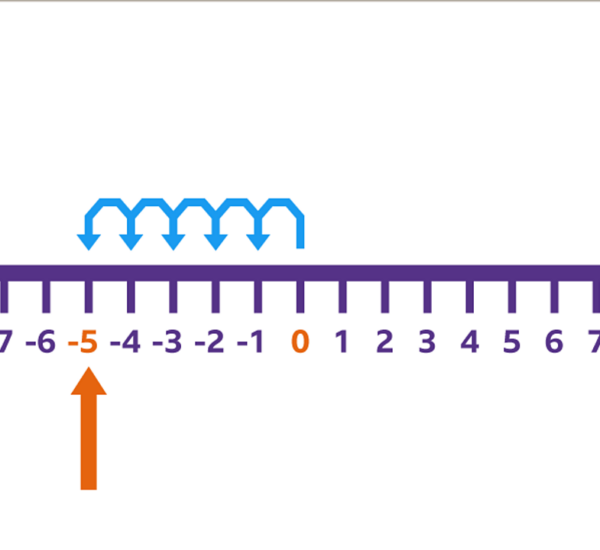Joseph-Louis Lagrange was a French mathematician and physicist who made significant contributions to a number of fields, including mathematics, mechanics, and astronomy. Lagrange is best known for his work on the calculus of variations, which he developed in his 1788 book “Mécanique Analytique.”
Lagrange was born in 1736 in Turin, Italy. He attended the University of Turin, where he studied mathematics and physics. Lagrange graduated from the university in 1754 with a degree in mathematics.
Lagrange made significant contributions to a number of fields, including mathematics, mechanics, and astronomy. In 1773, he published his work on the three-body problem, which showed that the motions of three bodies interacting with each other can be predicted. Lagrange also made important contributions to the field of optics.
Lagrange died in 1813 in Paris, France. In 1814, he was posthumously awarded the Copley Medal.




